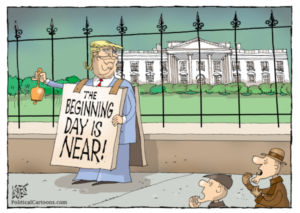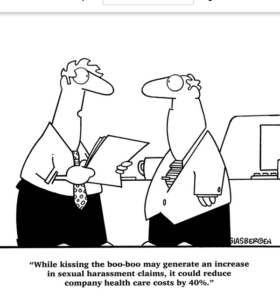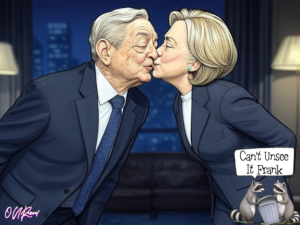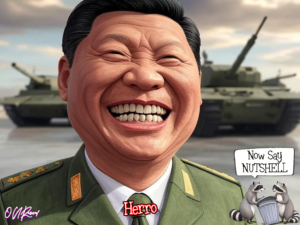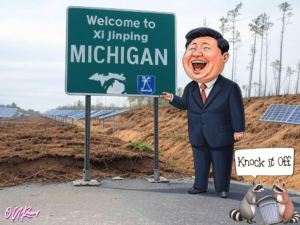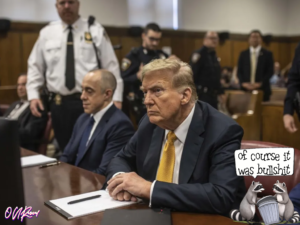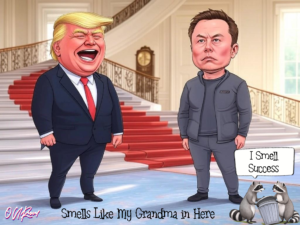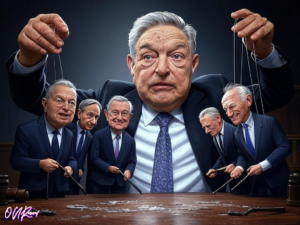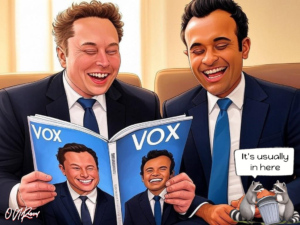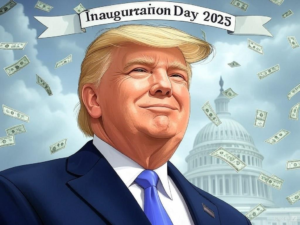TikTok’s Bold Denial: “Elon Musk Sale Report is Pure Fiction,” But Is It?
In a stunning rebuttal to recent reports, TikTok has vehemently denied any plans to sell its U.S. operations to tech mogul Elon Musk, describing such claims as “pure fiction.” This comes in the wake of a Bloomberg report suggesting that Chinese officials are considering the sale of TikTok’s U.S. assets to Musk as one potential strategy to evade a looming ban in the United States.
According to sources cited in the Bloomberg article, Chinese authorities were evaluating a scenario where Elon Musk could acquire TikTok’s U.S. operations if the company failed to fend off the controversial ban set to take effect on January 19, 2025. This move would have been a dramatic shift in strategy for ByteDance, TikTok’s parent company, which has been steadfast in its opposition to divesting its U.S. assets.
However, the narrative took a sharp turn when TikTok’s representatives countered these claims. A spokesperson for TikTok issued a statement to Variety, calling the report “pure fiction” and indicating that the company had no intention of engaging in such a transaction. This response has not only sparked a debate on the accuracy of the initial report but also raised questions about the future of TikTok in the U.S. amidst ongoing national security concerns.
The backdrop to this saga involves intense scrutiny over TikTok’s data practices and its ties to China, with U.S. officials expressing fears over data privacy and the potential for foreign influence on American users. The U.S. government has been pushing for ByteDance to divest TikTok’s U.S. operations, or face a ban, under legislation aimed at protecting national security.
This legislative push has seen multiple legal challenges, with both TikTok and a group of its content creators arguing in court that such a ban infringes on First Amendment rights. The legal battle has been expedited, with both parties seeking a ruling by December 6, 2024, to allow for potential Supreme Court review before the ban’s deadline.
Social media has been abuzz with reactions ranging from skepticism to outright opposition to the idea of Musk taking over TikTok. Posts on X reflect a mix of disbelief and strategic analysis, with some users pointing out the potential political and economic implications of such a move. The trend of denying the sale to Musk has been met with both relief and further speculation about TikTok’s future strategies.
Interestingly, Elon Musk has maintained silence on this matter, neither confirming nor denying interest in TikTok. Known for his transformative acquisitions in the tech space, Musk’s potential involvement would mark another significant chapter in his business ventures, yet his lack of comment leaves room for speculation.
The denial from TikTok might be just the latest chapter in a long, ongoing narrative about its place in the American market. The company has been navigating a complex web of political, legal, and public opinion challenges. While the sale to Musk seems off the table, the broader issue of how TikTok will comply with U.S. regulations or manage its exit strategy remains a live question.
As the January 19 deadline approaches, all eyes are on the courts, where TikTok’s legal challenges will determine the app’s fate in one of its largest markets. If the ban holds, TikTok would need to pivot dramatically, possibly looking at other buyers or restructuring its U.S. operations entirely.
The narrative of TikTok’s potential sale to Elon Musk, now labeled as “fiction,” underscores the volatile and unpredictable nature of tech geopolitics. Whether this was a strategic leak or a genuine consideration by Chinese officials, the episode has certainly added another layer of intrigue to TikTok’s saga in the U.S.
While TikTok has dismissed the Musk connection as fiction, the underlying tensions and strategic maneuvers continue. This story is far from over, as TikTok, ByteDance, and U.S. regulators continue to navigate a landscape filled with legal, privacy, and national security minefields. Stay tuned as we continue to cover this evolving story, where the next chapter could rewrite the rules of tech and international relations.




















